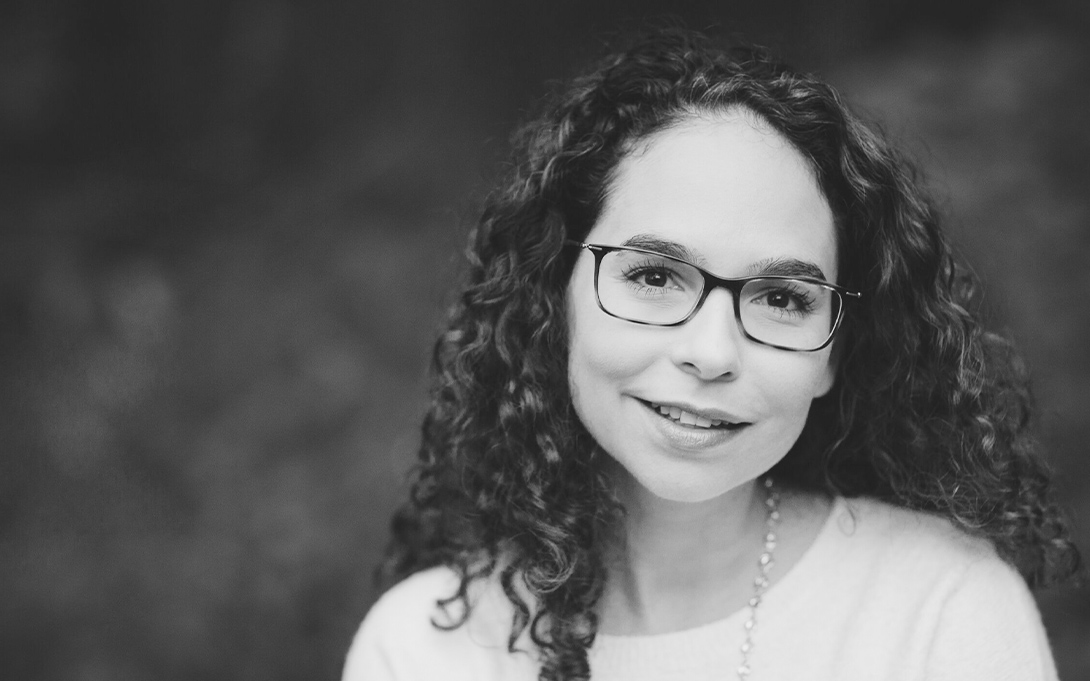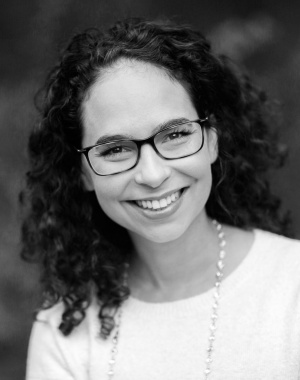
By Olivia Bradish (BA ‘23)
Armed with her BA from Rice University, Morela Hernandez entered the corporate finance world. In a setting where nobody looked like her, she pondered a question that was both practical and intellectual: as she puts it, "What does it mean to be an ‘only'?"
Hernandez first explored that question through an honors thesis on attracting minorities and women into white, male-dominated environments.
"I wanted to make sense of that experience in the private sector," she says. She went on to receive her PhD in business from Duke University, focusing on inclusive and ethical leadership.
"Twenty years ago, people would be discouraged from studying workforce diversity. There were a few of us who started to understand the role of marginalized individuals in organizations, and it's evolved tremendously. But we still have a ways to go."
She's now a renowned expert—collaborating with leaders across public and private sectors—on issues at the intersection of leadership and diversity in organizations.
After 14 years on faculty at top business schools, Hernandez made the leap to the Ford School this year. She has also taken on the role as the new faculty director of the school's Leadership Initiative. She explains that her academic move from business to policy was driven by a desire to change the trajectory of society in beneficial ways.
"At a business school, we might have a conversation about current societal challenges, but it's on the fringes, among colleagues," she says. "At the Ford School, what is going on in the world is the conversation. It's both fascinating and compelling."
Hernandez has been impressed by the number of policy students who express their passion and commitment to the public good. At an orientation session this fall, a majority of students said they were following their calling. She says "it was a breathtaking moment."
"Our job is to provide as many tools as possible to help students fulfill their calling," she explains. "Leadership is a big part of that. I want to help further leverage the key analytical skills that Ford School students have, so they can express their sense of agency and make the change that they want to see in the world."
Leadership development at the Ford School is intentionally interwoven with other work in the classroom and beyond. Building on a strong foundation, Hernandez helps to refine the curriculum and grow the number of skill-building and practical learning opportunities outside the classroom. She works closely with director of graduate career services Jennifer Niggemeier to offer professional leadership coaching to all graduate students. Diversity, equity, and inclusion (DEI) is also a major part of the initiative.
"Students must be able to understand the experience of others and understand how biases unfold within everyday interactions. Then learn how to counter those biases and how to formulate teams that allow a really diverse set of individuals to do amazing things. The next level goes beyond valuing DEI, to leveraging the differences that are celebrated within an organization."
Hernandez looks forward to accelerating pathways and opening doors, particularly for Latin American women at U-M.
In September, the University awarded Hernandez a collegiate professorship. When asked to select the namesake for that honor, Hernandez returned to the question that had sparked her interest in diversity studies: "What does it mean to be an 'only'?" She chose to name her professorship for Ligia Ramirez de Reynolds, who, in 1970, became the first Latin American woman to receive a PhD from U-M.
"We have to celebrate the positive, but also, we should feel a sense that we can do better. We can do more," she says. "We can dramatically accelerate this path forward for other marginalized individuals and go from talking about ‘onlies' and ‘firsts' to having a thriving community of individuals, all bringing different perspectives to the University."
More in State & Hill
Below, find the full, formatted fall 2021 edition of State & Hill. Click here to return to the fall 2021 State & Hill homepage.
